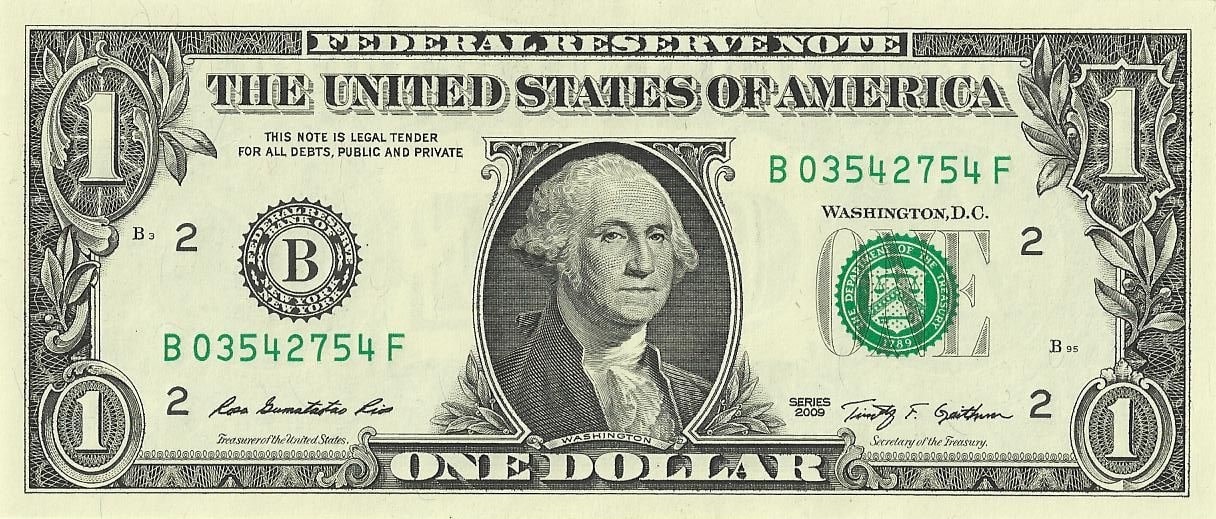JUNE 17, 2024 – So far in the 2024 campaign, candidates have made little noise about a major piece of solidly good economic news. News that bodes well for our nation’s future—provided the Duly Defeated doesn’t garner more than 269 electoral votes and, having failed to do so, decides not to re-enact his 2020 version of “election denialism.”
When mentioning on the economy, Democrats tend to highlight full employment and Republicans tend to Trumpet inflation. Once in a while we hear about “the deficit”—usually on the Republican side—which is nothing more than code for expense cutting (except the military), never tax increases, because when put to the test, Republicans aren’t serious about reducing the deficit.
In fact, however, “the federal deficit” might be of less importance than conservative economists claim. It seems that to argue the deficit doesn’t matter is irresponsible, especially when it’s expressed as a percentage of GDP. The gloom and doom masters of the dismal science have lectured us for decades that the federal deficit is what contributes to inflation and higher borrowing costs, and if the upward trajectory isn’t reversed, we’ll face runaway inflation and an investor flight from dollars, U.S. Treasury bills, notes, and bonds, and other American-based assets. Theoretically, such adverse results are possible, but from a practical standpoint, for the foreseeable future, they are improbable[1].
Today, Bloomberg online featured an article highlighting the fact that since the world’s emergence from the pandemic, the United States economy has experienced a significant inflow of capital. Pre-Covid, capital inflow to the U.S. accounted for 18% of global trans-border investment. Since Covid, that percentage has nearly doubled.
Trust me, this is great for the U.S. economy. Whether you’re a college student looking for your first real job, a corporate middle manager looking to improve your career and compensation prospects, or any other participant in this complex economy of ours, the greater inflow of investment, the better off all of us will be—now and into the future. Capital inflow is investment in our economy. Investment fuels economic growth, and economic growth, in turn, supports everything from job expansion to higher wages to greater tax revenues.
Three factors have driven and sustained the jump in capital inflows to this country.
One is higher interest rates. Ironically, this is a double-edged sword: business people generally want to see low borrowing costs—low interest rates; investors in bonds and other debt instruments, on the other hand, are looking for more generous rates of return—higher interest rates. If rates are too high, the economy can choke and slip into recession, eclipsing the benefit from the influx of capital attracted by the higher rates. So far, by luck and calibration, Fed policy seems to have succeeded—higher rates helped increase foreign investment but without sending the economy into harmful recession.
Another critical factor behind the influx of foreign capital into the U.S. is the signature legislation championed by the Biden Administration: the Inflation Reduction Act, with its focus on developing renewable energy, and the CHIPS and Science Act. We’re talking big bucks with each of these initiatives—around $1 trillion over 10 years for the former and $280 billion for the latter.
A third factor, and most pertinent to Election Day, is the strength of our system and its most critical aspects: free and fair elections, the rule of law and the strength and role of government institutions. In short, our stability. No matter where you’re sitting, if you have money to invest, where besides the U.S. would you invest it? China? India? Brazil? Europe, which has stagnated economically and has seen a groundswell of electoral strength among hard right parties? Miraculously, despite our extreme self-criticism, by comparison to the rest the world, the U.S. is where investors still prefer to invest.
From our commanding position, we should draw both confidence and wariness. If we can re-elect Biden to the White House and responsible adults to the House and Senate; if we can reduce the attacks on the rule of law and the institutions that support it, we can restore our self-confidence and self-respect and with it, the world’s respect for America and confidence in our economy. If, however, we continue to fight among ourselves to some kind of flashpoint; if we denigrate and disrespect the rule of law; if we vote for extreme volatility over a steady hand, we risk spooking investors and disrupting their trust in us. Our position of economic strength and respect could very easily be destroyed if by our cavalierly irresponsible votes we signal to the world that we no longer have faith and trust in ourselves, our institutions.
Then watch the country unravel at the speed of light.
The far better, stronger course is to ensure that the Duly Defeated becomes Truly Out of the Picture come November.
Subscribe to this blog and receive notifications of new posts by email.
© 2024 by Eric Nilsson
[1] Too much money chasing too few goods (and services) is the classic general economic condition that produces inflation, but in a complex global economy many other factors contribute to inflation: breaks in supply chains; stagnation in productivity gains; “catch-up” wage increases; episodes of extreme weather; war-related trade-disruption; spot shortages of various commodities and other components of goods and services; government regulation that increases costs (but that addresses other costs that market pricing often failed to take into account or deferred on a long-term basis). In short, not all inflation is attributable to government borrowing or budgetary deficits.
